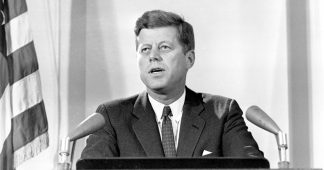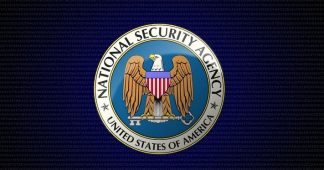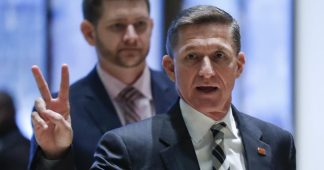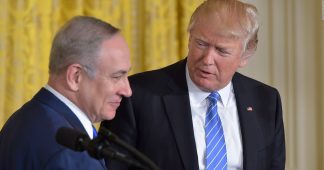By Eric London
27 October 2017
Bowing to pressure from the Central Intelligence Agency and Federal Bureau of Investigation, the Trump administration delayed the release of thousands of documents related to the assassination of President John F. Kennedy in November 1963 in an announcement last night.
An additional batch of thousands of less sensitive documents related to the assassination was released online last night at 7:30 pm, in accordance with a 1992 law that scheduled documents for release this year.
The New York Times reported, however, that “following a chaotic last-minute campaign by intelligence agencies lobbying for selected redactions, Mr. Trump agreed to postpone the disclosure of other documents while officials screen them again for sensitive information.”
In a bizarre memo released yesterday, Trump said:
“Executive departments and agencies have proposed to me that certain information should continue to be redacted because of national security, law enforcement, and foreign affairs concerns. I have no choice—today—but to accept those redactions rather than allow potentially irreversible harm to our Nation’s security.”
Later, Trump’s memo reiterates that “this temporary withholding from full public disclosure is necessary to protect against harm to the military defense, intelligence operations, law enforcement, or the conduct of foreign relations that is of such gravity that it outweighs the public interest in immediate disclosure.”
CBS News reported that a CIA source told it that “the CIA wants to protect the identity of CIA assets and current and former CIA officers, as well as intelligence methods and partnerships that are still relevant.”
Claims by the Trump administration that information related to the assassination would jeopardize “foreign affairs” and “national security” raise many questions as to what the intelligence agencies want to hide, both in relation to the assassination and to the broader international and domestic schemes of the CIA, which President Lyndon Johnson himself called “Murder, Inc.” shortly after Kennedy’s death.
According to a statement cited in the Washington Post by Trump ally Roger Stone, pressure for Trump to withhold release of key documents came from CIA Director Michael Pompeo.
Stone said Wednesday, “If the data dump that the National Archives did in July of a small amount of JFK-related material is any indication, the fallback of the intelligence agencies appears to be redact and withhold as much of this information as possible. They’ll use the broad rubric of national security. If the censorship is so great to make the president’s order meaningless, it’ll get litigated in the courts.”
The overall document collection includes hundreds of thousands of pages from over 3,100 documents previously unreleased to the public. For years, the intelligence agencies have blocked release of information related to the assassination. One week after the shooting took place, the Johnson administration established the Warren Commission—headed by Chief Justice of the Supreme Court Earl Warren—to investigate the assassination.
Johnson informed Warren that the commission had a “patriotic mission” to stamp out “dangerous rumors” of the government’s or CIA’s involvement in the assassination. In 1964, the Warren Commission released an 888-page report that concluded that Lee Harvey Oswald acted alone and had no relationship to the intelligence agencies or other parties. Many have criticized the Warren Commission as a cover-up.
Gallup polls show that over 50 percent of Americans believe Lee Harvey Oswald did not act alone.











